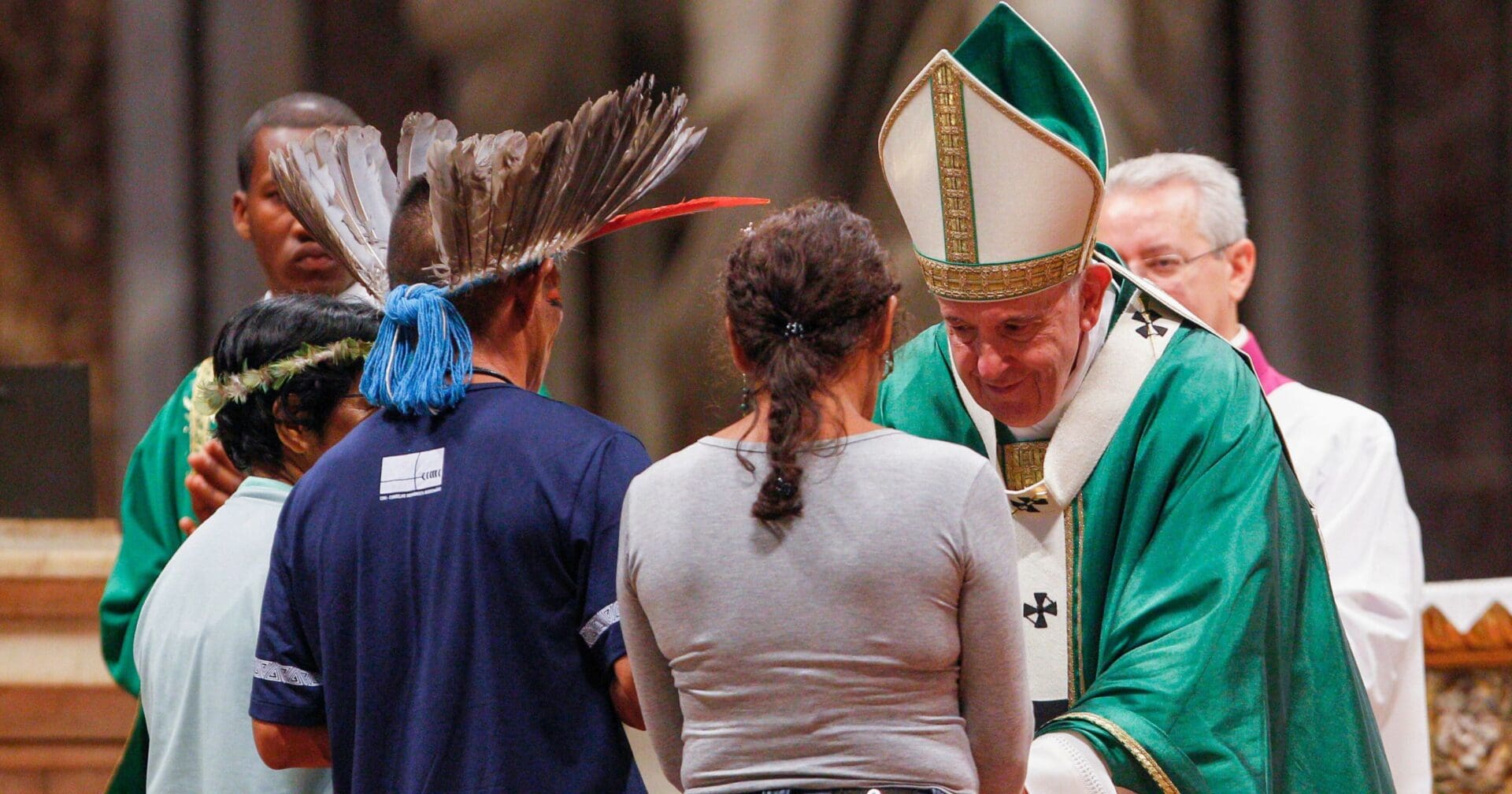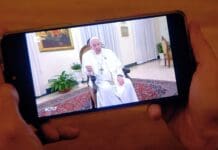Pope Francis explained the critical role of Indigenous knowledge in addressing climate change and related global challenges to attendees at the Vatican’s recent “Indigenous Peoples’ Knowledge and the Sciences” conference.
The conference, a collaborative effort by the Pontifical Academies of Sciences and Social Sciences, spanned two days, focusing on the fusion of Indigenous methodologies with contemporary science to inform effective global policies on climate change, biodiversity, food security, and health.
Pope Francis said, “The Church is an ally of the Indigenous peoples and their wisdom, and an ally of science, in striving to make our world one of ever greater fraternity and social friendship.”
He further explained the interconnectedness of critical issues such as water scarcity, climate change, and biodiversity loss. “Open dialogue can help to confront these issues in a new, more integral, and more effective way.” This approach, he says, requires a robust dialogue between communities rooted in ancestral wisdom and scientific communities.
Pointing out initiatives by the United Nations and the Food and Agriculture Organization, Pope Francis called for international recognition of Indigenous contributions to sustainable development. He said “projects of scientific research, and accordingly investments, ought to be directed decisively towards promoting human fraternity, justice, and peace.”
This meeting reinforces Pope Francis’ longstanding advocacy for ecological protection and his call for a collective ecological conversion, recognizing Indigenous communities as pivotal dialogue partners in environmental stewardship.
Editorial credit: Riccardo De Luca - Update / Shutterstock.com

















